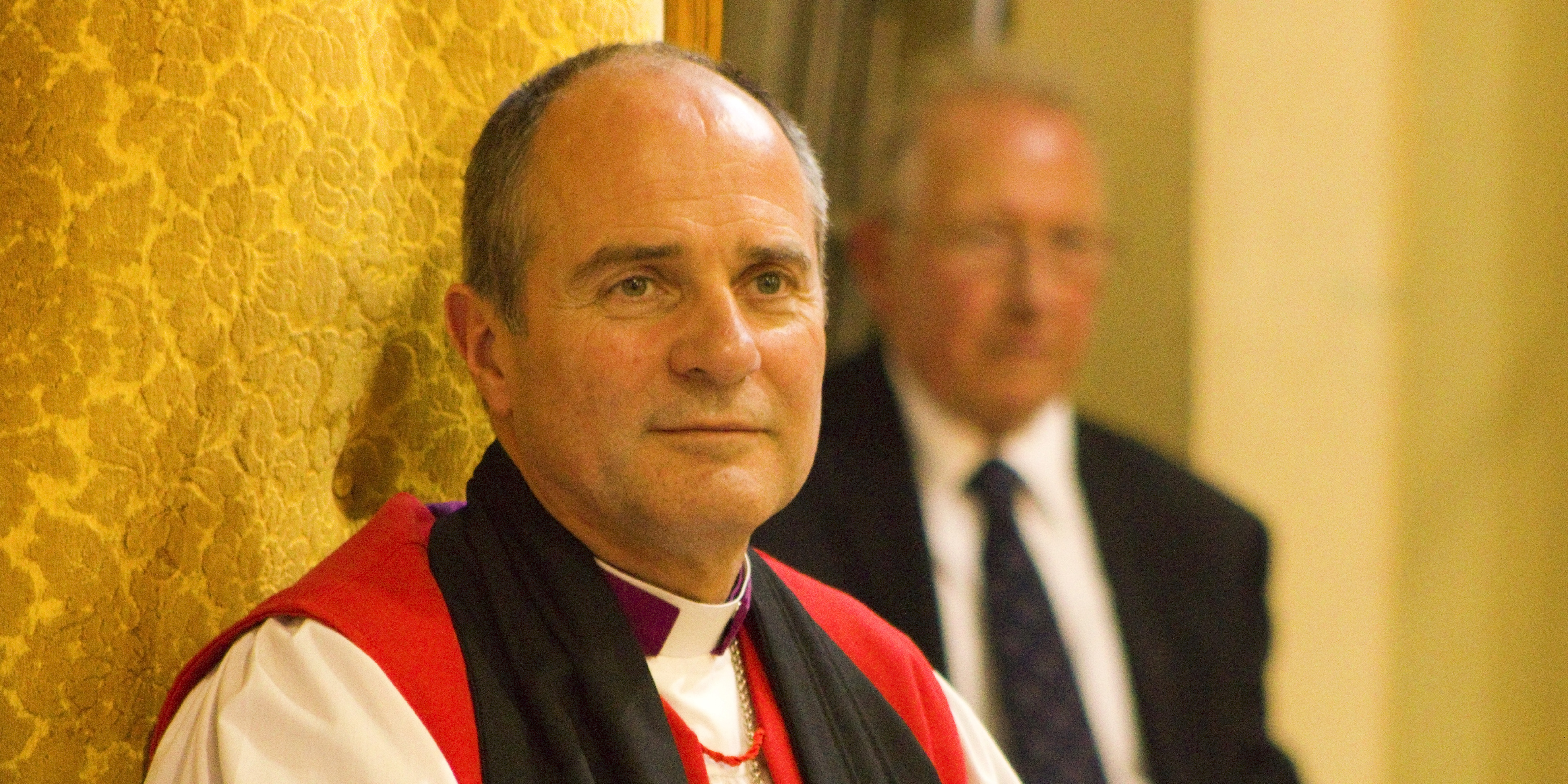
This month Bishop Lee reflects on the work of the Ethical Investment Advisory Group and the decision to sell shares in News Corporation.
Just before I was due to go on my summer holiday the Church of England issued a press release saying its National Investing Bodies (NIBs) had divested in News Corporation and sold their 1million shares. This you will recognise as the organisation that has faced tough questions around its management of The Sun and News of the World newspapers in the wake of the phone hacking scandal.
As a member of the Ethical Investment Advisory Group (EIAG) I knew this announcement was coming. The EIAG advises the NIBs the Church Commissioners, the Pensions Board and the CBF Church of England Funds on the ethical suitability of its investment portfolio. I have been part of this group since 2007 and it has provided a fascinating insight into the world of finance and the ethical dilemmas for Christian investors.
When local BBC Radio invited me to be interviewed on their Breakfast Show I had no hesitation in accepting. However, I found myself at the sharp end of an interview with a Presenter who preferred the more cynical and aggressive style of questioning. To my discredit I let him get under my skin but he did ask some tough questions which were not unreasonable. Why did the Church of England decided to divest now? Why had we held investments in a company responsible for page 3 girls?
Were we just opportunists making money from shares which had shown a big rise in their value?
The last question betrayed more cynicism than sense since shares which are performing well are not usually those which long term investors want to dump. However, the others were entirely fair even if the tone in which they were asked was lacking. They are questions that the average person, including church members, would like to have an answer.
For the EIAG there is a single word, engagement, which is fundamental to any answer. It is central to the way the Church of England investing bodies endeavour to apply Christian ethical values and to make a difference to the ways in which companies are run.
Although there are some industries which are deemed inappropriate for the Church to invest in, such as gambling, pornography, tobacco and the manufacture of weapons, mostly a line is drawn at a certain percentage of revenue derived from an ethically questionable activity. For example, a 25% threshold for companies involved in gambling, and a 3% threshold for businesses associated with the production or distribution of pornography.
This may appear strange to some (after all why not steer clear of all potentially dubious business?) but the NIBs investments in companies such as these provide the EIAG with access to Directors and the opportunity to influence direction. Between April 2011 and March this year the EIAG engaged with 40 companies in the portfolios of the three NIBs, asking questions about matters as diverse as business practice, governance, social responsibility, environmental policies, executive remuneration and human rights. Companies included household names like BP (five meetings), Tesco (twice) and Royal Bank of Scotland as well as Glencore (three times) and Xstrata.
Engagement does not mean continuing investments in the hope of change there always has to be the reality of divestment when companies prove resistant. Sadly this proved to be the case with News Corporation, principally around governance issues.
Formulating policies for ethical investment is not straightforward and members of the EIAG realise there are tensions and strains involved. We have no sense of infallibility! What I have come to realise in entering this new world is that it is frequently messy and rarely clear cut. But I have taken heart from the doctrine of the Incarnation. Entering creation in the person of Jesus was a risky and untidy process for God but it was the only way to achieve redemption and a new beginning. Active engagement is never a simple business.
+Lee